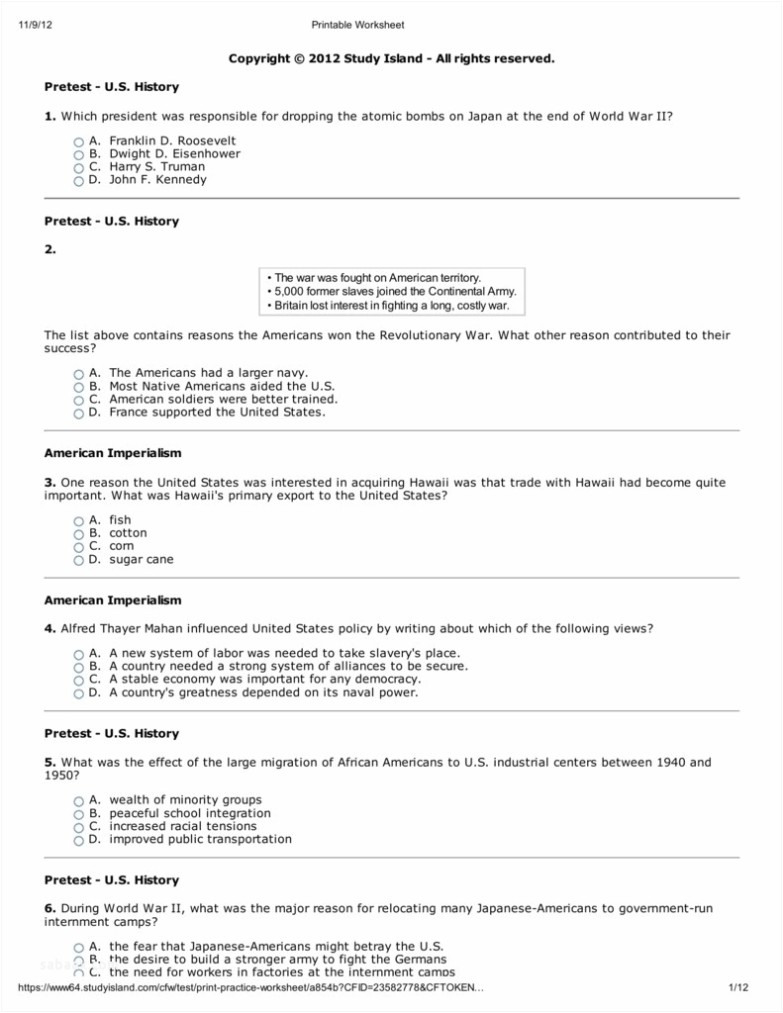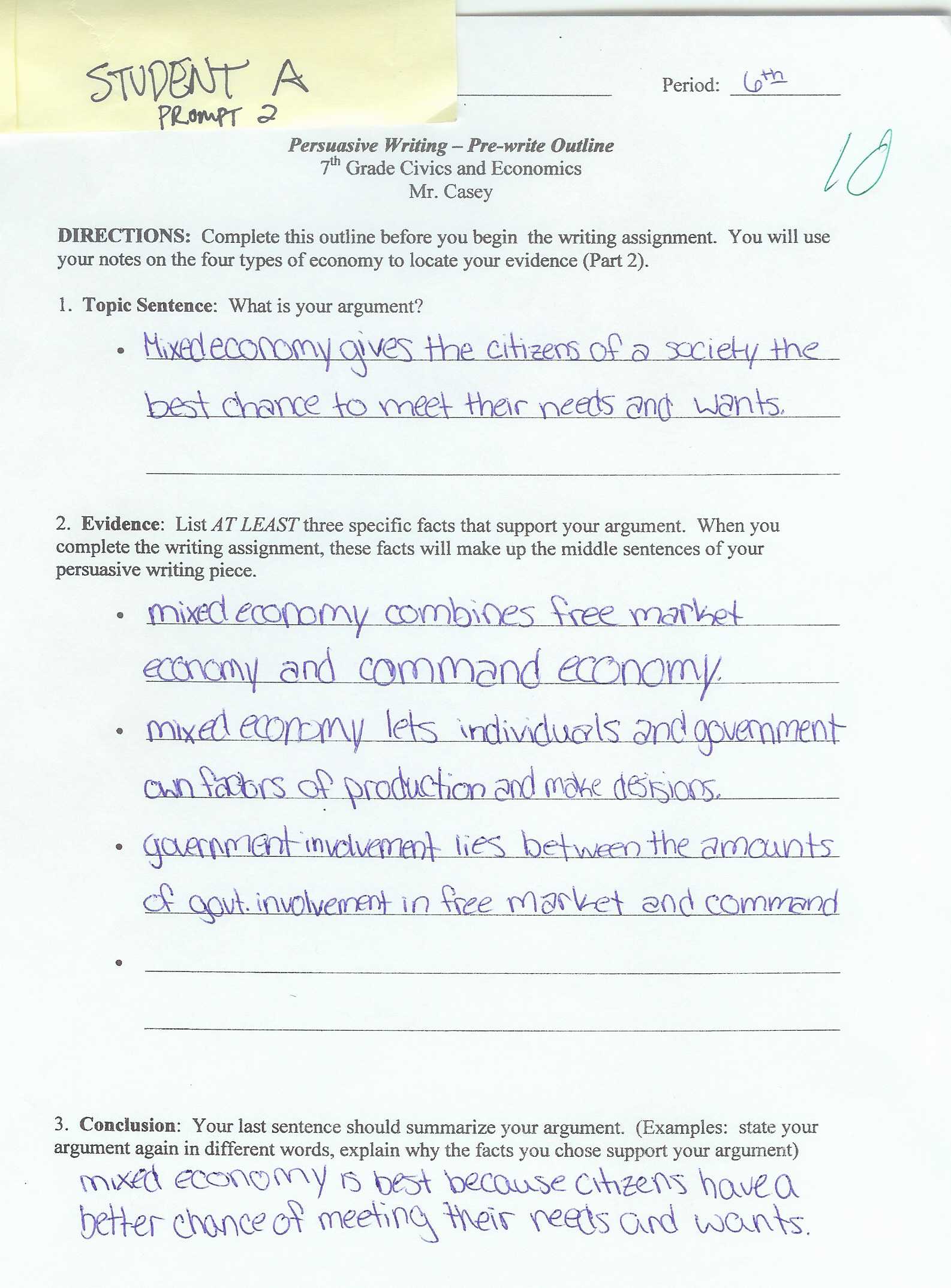Imagine a world without money, where resources are shared freely and everyone has access to what they need. Or picture a society where the government controls every aspect of the economy, from production to distribution. These scenarios, though seemingly fantastical, represent different economic systems that have shaped civilizations throughout history. Understanding these systems is crucial, not just for academic curiosity, but also for navigating the complexities of our modern world. And what better way to delve into the intricacies of economics than with a comprehensive worksheet answer key PDF?

Image: richinspire23.blogspot.com
This guide will serve as your key to unlocking the secrets of economic systems. We’ll explore a wide array of economic models, from the time-tested principles of capitalism to the innovative ideas of socialist and communist ideologies. Through insightful explanations and engaging examples, you’ll gain a deeper understanding of how these systems work, their strengths and weaknesses, and their impact on individuals, societies, and the global economy.
Unveiling the Fundamentals of Economic Systems
Before we dive into the intricacies of different economic systems, let’s lay a solid foundation by defining exactly what we mean by “economic system.” In essence, an economic system is a set of rules and methods that a society uses to allocate its scarce resources among its people. It dictates how goods and services are produced, distributed, and consumed. Think of it as a blueprint for managing the economy, a roadmap that determines how we make choices about what to produce, how to produce it, and who ultimately benefits from the fruits of our labor.
Capitalism: The Free Market Force
At the heart of capitalism lies the concept of private ownership. Individuals and businesses have the freedom to own and control resources, make production decisions, and set prices in a competitive marketplace. The government plays a limited role in the economy, often focusing on maintaining a level playing field and enforcing contracts.
Key characteristics of capitalism include:
- Free Markets: The forces of supply and demand determine prices and allocation of resources.
- Private Ownership: Individuals and businesses own and control assets, including land, labor, and capital.
- Profit Motive: Businesses aim to maximize profits by producing goods and services that consumers demand.
- Competition: Multiple producers compete for customers, leading to innovation and efficiency.
Socialism: A Collective Approach
In contrast to capitalism’s emphasis on private ownership, socialism promotes the collective ownership of the means of production. The government plays a central role in managing and distributing resources, often aiming to ensure social equality and economic security for all citizens.
Here are some key tenets of socialism:
- Collective Ownership: The means of production are owned and controlled by the state or by worker cooperatives.
- Social Welfare: The government provides a social safety net, including healthcare, education, and unemployment benefits.
- Economic Planning: The government plays a significant role in planning and directing economic activity.
- Social Equality: Socialism aims to reduce income inequality and promote equal opportunities for all.

Image: www.semesprit.com
Communism: The Vision of a Classless Society
Emerging from the socialist movement, communism envisions a society without private property or class divisions. The government controls all aspects of the economy, aiming to create a truly egalitarian society where everyone shares in the benefits of production.
Here are some defining features of communism:
- Abolition of Private Property: All property is owned by the state or collective.
- Centralized Planning: The government sets production quotas, prices, and resource allocation.
- Classless Society: Communism aims to eliminate class divisions and create a society where everyone shares equally.
- Revolution: Communism often embraces revolutionary means to achieve its goals.
Economic Systems Worksheet Answer Key PDF: Your Learning Companion
Now that we’ve touched upon the fundamentals of these major economic systems, let’s explore the value of a comprehensive worksheet answer key PDF. This valuable resource can serve as a stepping stone in your journey to understanding economics. It provides clear explanations of key concepts, examples, and real-world applications that bring these abstract ideas to life.
Unveiling the Power of Economics Worksheet Answer Key PDF
Here’s how a well-crafted worksheet answer key PDF can empower your learning:
- Reinforcement and Review: The worksheet provides opportunities to test your knowledge and reinforce your understanding of key ideas. The answer key allows you to check your work and identify areas where you need to focus.
- Self-Guided Learning: If you’re studying economics on your own, the worksheet and answer key offer a structured and dynamic learning experience, allowing you to progress at your own pace.
- Building a Strong Foundation: By working through the worksheets and clarifying concepts with the answer key, you lay a solid foundation for deeper exploration into economic theory.
Finding the Right Economics Worksheet Answer Key PDF
With so many resources available, choosing the right worksheet answer key PDF can be a challenge. Look for a resource that is:
- Comprehensive: The worksheet should cover a wide range of economic concepts.
- Clear and Concise: The explanations and answers should be easy to understand.
- Relevant to Your Studying: Ensure the worksheet aligns with your current level of knowledge and your learning objectives.
Beyond the Worksheet: Engaging with the World of Economics
While worksheets and answer keys provide a solid educational framework, enriching your understanding of economics goes beyond these resources. Engage in discussions with peers, explore real-world examples, and connect economic theories to current events.
Economic Systems Worksheet Answer Key Pdf
Conclusion: Unlocking a World of Economic Possibilities
The journey of understanding economics is an ongoing adventure. With the right tools, like comprehensive worksheets and engaging learning resources, you can unlock a world of possibilities. Embrace the power of knowledge, and continue exploring the fascinating world of economic systems. The future of the world depends on informed citizens who understand the forces that shape our economies. Don’t just study economics – live it, and contribute to the conversation.






